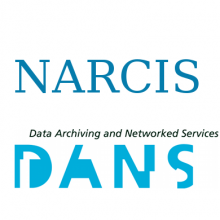Resource information
We examine collaborations between the state and civil society in the context of land grabbing in Argentina. Land grabbing provokes many governance challenges, which generate new social arrangements. The incentives for, limitations to, and contradictions inherent in these collaborations are examined. We particularly explore how the collaborations between the provincial government of Santiago del Estero and non-government organizations (NGOs) played out. This province has experienced many land grabs, especially for agriculture and livestock production. In response to protest and political pressure, two provincial agencies were established to assist communities in relation to land tenure issues (at different stages). Even though many scholars consider state–civil society collaborations to be introduced by nation states only to gain and maintain political power, we show how rural communities are actually supported by these initiatives. By empowering rural populations, active NGOs can make a difference to how the negative implications of land grabbing are addressed. However, NGOs and government agencies are constrained by global forces, local political power plays, and stakeholder struggles.


